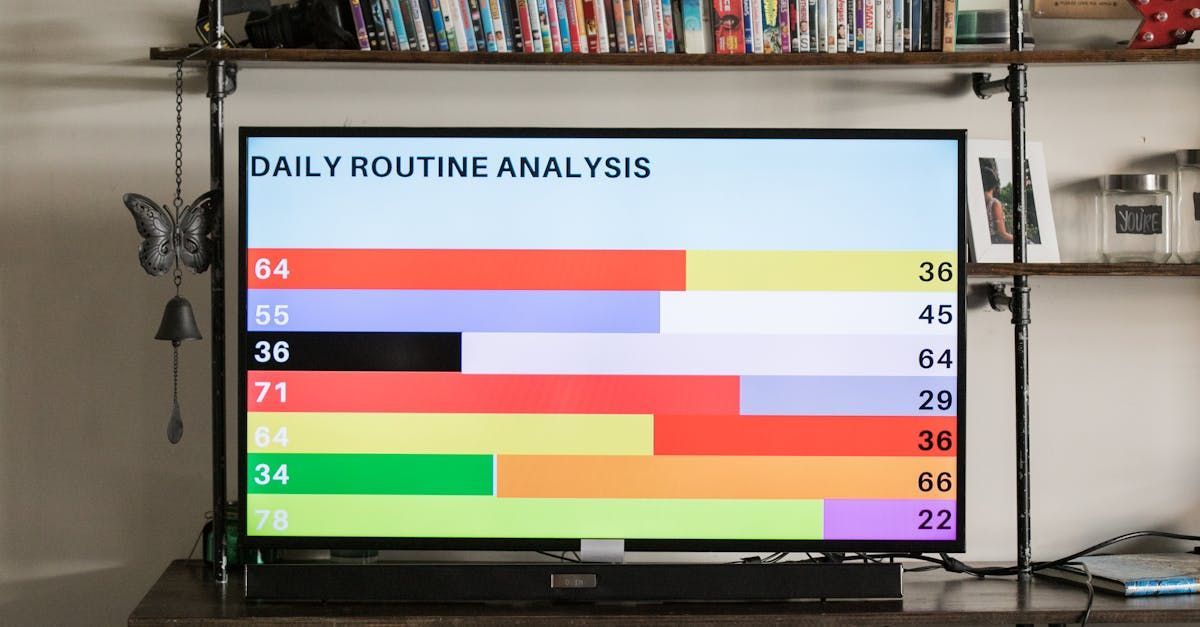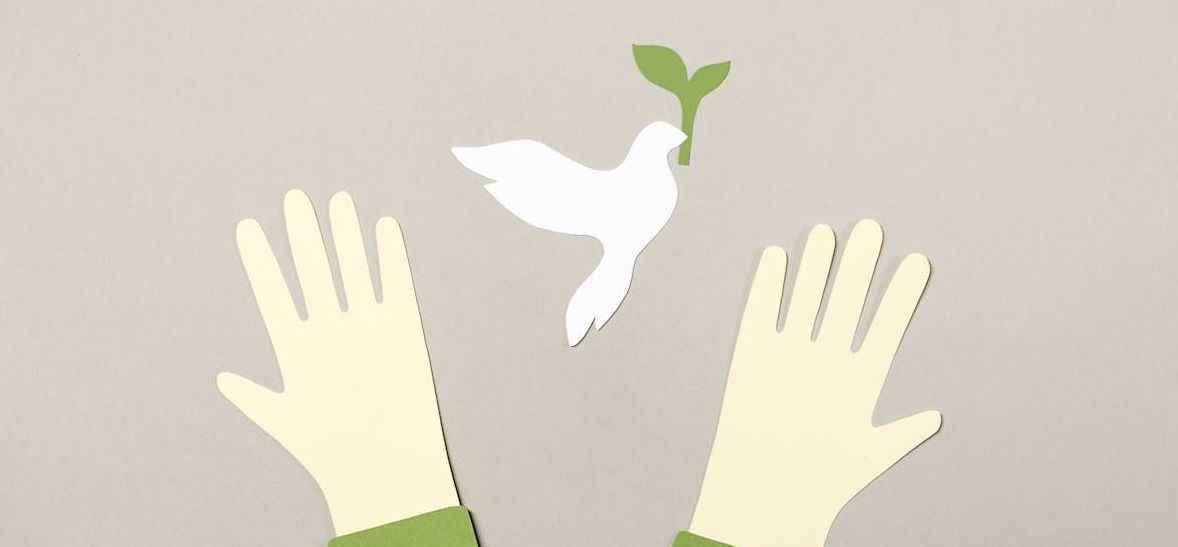Healing the Whole You: Navigating Grief with Grace and Understanding
Finding Your Path Through Loss and Embracing Self-Care

At Howard 360, our conversations often revolve around self-love, nourishment, and cultivating a fulfilling, joyful life. We talk about the importance of making choices that lead to a healthier, happier existence, focusing on the vibrant side of living. Yet, there's an aspect of the human experience that, despite its inevitability, often remains shrouded in silence—death. It's a topic many find uncomfortable, scary, and undeniably painful, which is why it's frequently left out of discussions. However, at Howard 360, we acknowledge that experiencing the loss of loved ones is an integral part of life's journey. As much as we champion living fully, we also understand the profound impact of grief and the importance of navigating this terrain with grace and self-care.
Grief is the shadow cast by love; it's a testament to the bonds we've formed and lost. It's a response to loss, particularly to the loss of someone or something that we have held dear. The concept of the "stages" of grief, originally introduced by Elisabeth Kübler-Ross, outlines a progression through denial, anger, bargaining, depression, and acceptance. While these stages offer a framework, they're not a universal road map. Grief doesn't proceed in orderly, predictable stages for everyone. It's more akin to a journey with its own rhythm, one that can circle back on itself, offering no clear endpoint or right way to proceed. In our quest to understand and manage grief, it's essential to recognize that while it can be profoundly painful, it's also a natural and necessary process of healing.
In the face of grief, showing ourselves grace becomes essential. This means allowing ourselves to feel the full spectrum of emotions without judgment. Grief can bring about a myriad of feelings, from profound sadness to unexpected anger, to moments of relief. Each emotion is a part of the healing process, deserving of space and acknowledgment. Part of showing grace is also recognizing that finding joy and continuing to live meaningfully does not diminish the love we had for the person we've lost.
Self-care during periods of grief is crucial, though it manifests differently for everyone. It might be about allowing yourself moments of solitude, seeking out supportive conversations, maintaining comforting routines, or expressing emotions through creative avenues. It’s about finding what brings solace and stability during turbulent times. Remember, there's strength in seeking professional support when grief feels too heavy to bear alone.
At Howard 360, we want to open up the conversation about grief, recognizing it as a profound aspect of loving and living. Grieving is not a process to be rushed or a path with a set destination. It's an individual journey of learning to live with loss, finding ways to honor our loved ones, and allowing ourselves to heal. In sharing this journey, our community aims to hold space for all aspects of human experience, understanding that grief, too, is a part of the full, healthy life we advocate for.
If you’re walking through the shadows of loss, let this be a reminder that you're not journeying alone. Grief may be a part of life's natural cycle, but it doesn't have to be navigated in isolation. At Howard 360, we're here to support you, offering resources and a listening ear as you find your way through, at your pace, in your style.
In loving memory of Jerine "Mymo" Hall (1921-2023), Richard Scott (1948-2023), and Tyran Johnson (1956-2023), may their spirits find peace, and may those of us left behind find comfort in the legacy of the love and strength they've left us.










